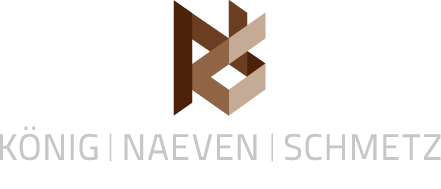Inventions Made by Employees
In case technical inventions are made by employees of a German employer (likewise by civil or public servants or by members of the armed forces) the German Act on Employee’s Invention defines rights and duties for both, the inventor and the employer. Regrettably, the somewhat complicated stipulations of the Act are often unknown by the parties involved although failure to follow the Act might have serious consequences, e.g. obligations to pay damages.
Below some principle rules resulting from of the German Act on Employee’s Inventions are summarized:
With respect to technical inventions for which a patent or a utility model might be granted the Act distinguishes between “service inventions” and “free inventions”. “Service inventions” are all technical inventions having been made during the employment status of the inventor and either resulted from the employee's tasks in the enterprise or are essentially based upon the experience or activities of the enterprise. It is irrelevant whether the invention has been made during the hours of work, during holidays or in spare time. All other inventions are “free inventions”.
In case of a service invention the inventor has to report immediately and intelligibly said invention to his employer in written form. The employer has the right to make an unlimited claim to the service invention. In this case all rights in the invention pass to the employer establishing at the same time the employer’s duty to file a patent or a utility model application. Moreover, the employer has to pay a reasonable compensation to the inventor.
Furthermore, there are strict employer’s duties in connection with a protection of the invention outside Germany. In case the employer does not want to file an application in certain countries he has to offer this possibility to the inventor.
If the employer abstains from claiming the service invention he can release it to the inventor. In this case the employer is free to act therewith at his discretion. A release of the invention has to be declared explicitly and in text form by the employer within 4 months subsequent to the employer’s report of the invention. Otherwise the invention is deemed to be claimed by the employer with all above mentioned consequences.
Also a free invention (not to be confused with the released invention) has to be reported to the employer in order to enable him to check whether the invention is indeed free. The duty to report the invention does not apply only in case the invention is obviously not usable by the employer.
The German Act on Employee’s Inventions also rules inventions in Universities, however provides some special stipulations, in particular accounting for the liberty to publish scientific results. Professors are employers of the university so that their inventions are service inventions to be reported to the employer.



